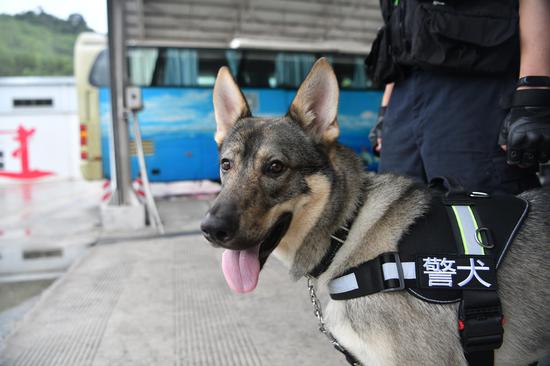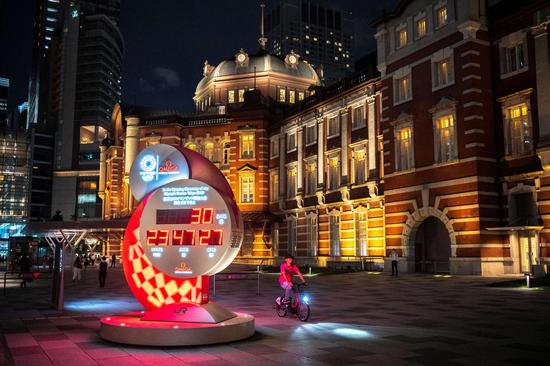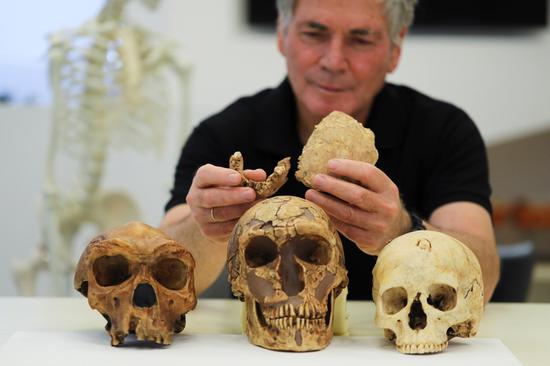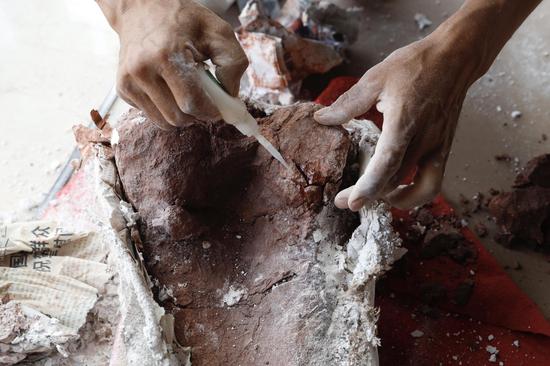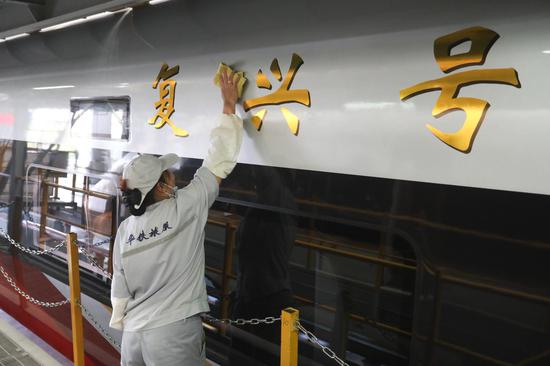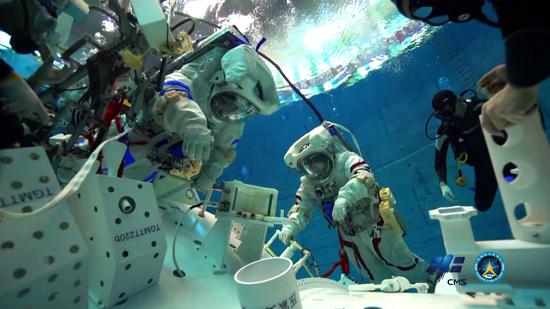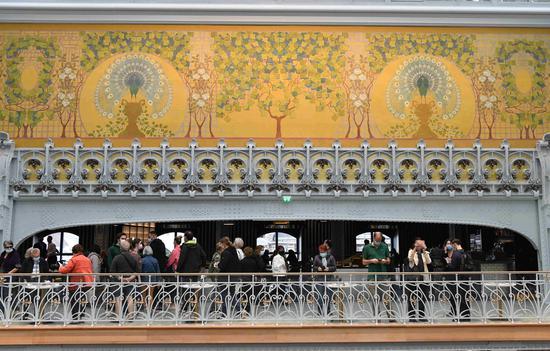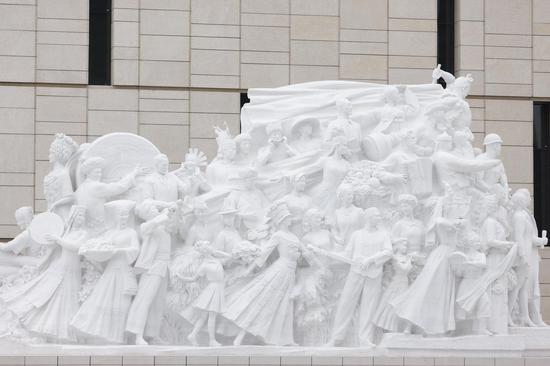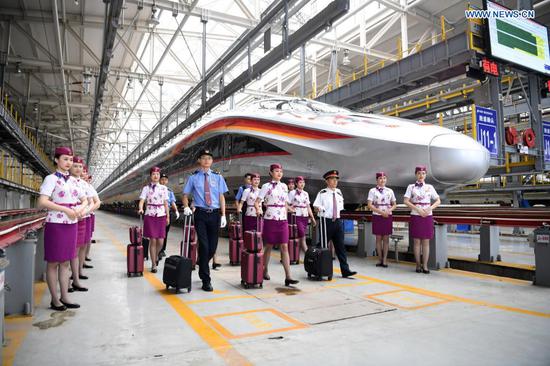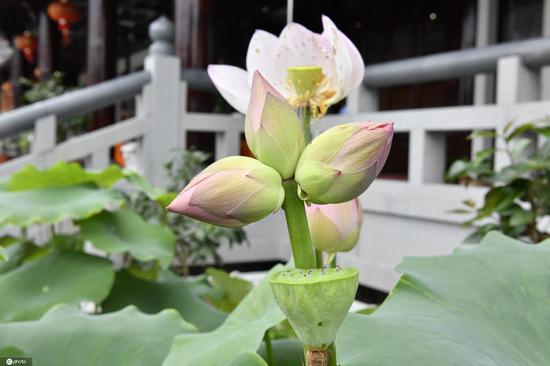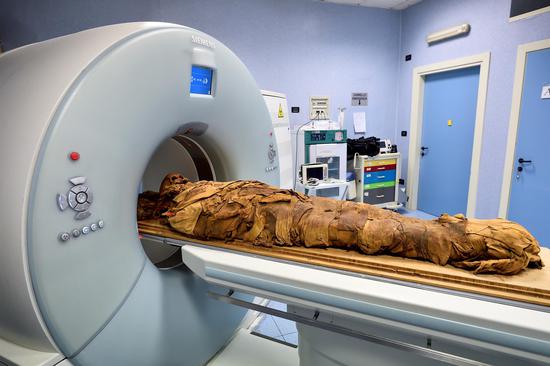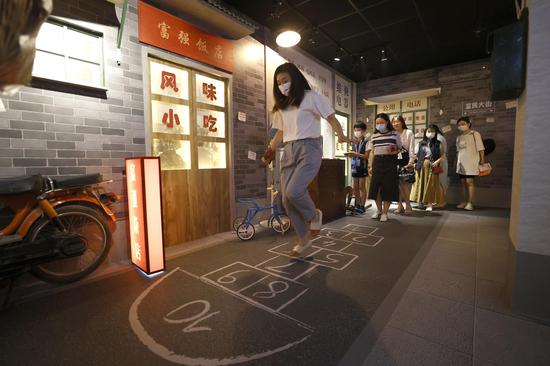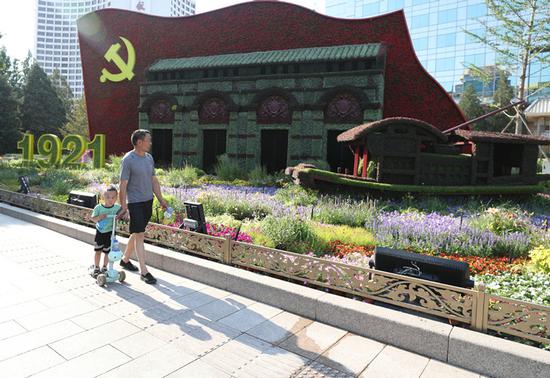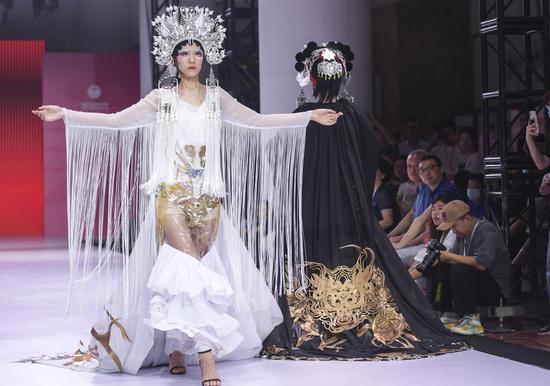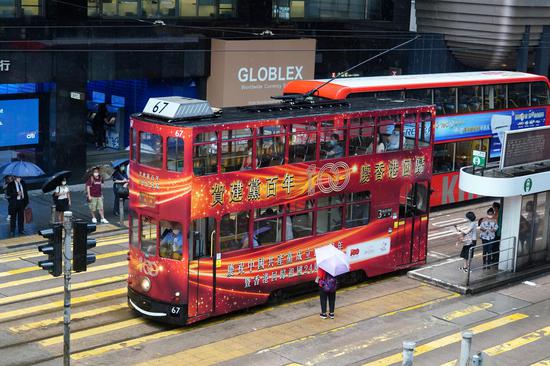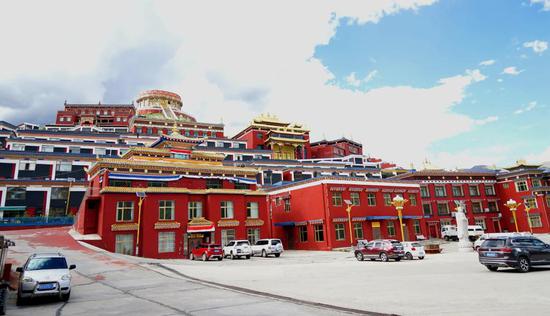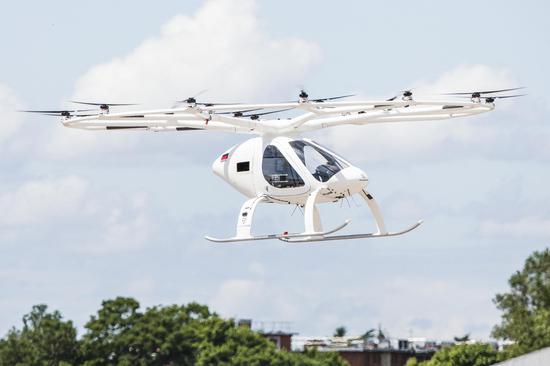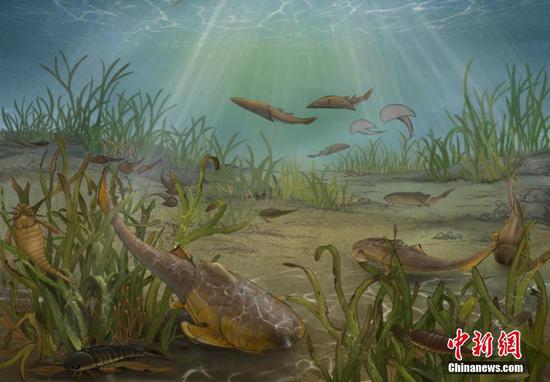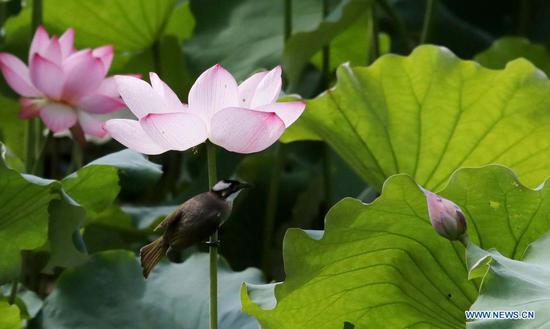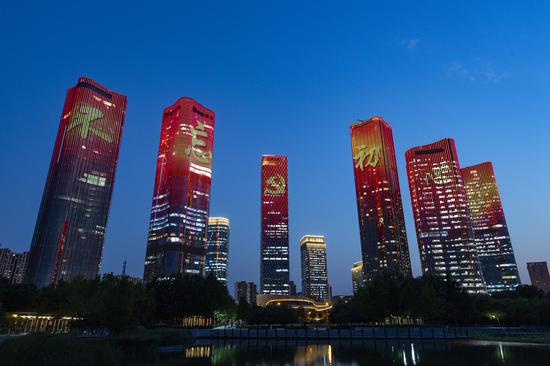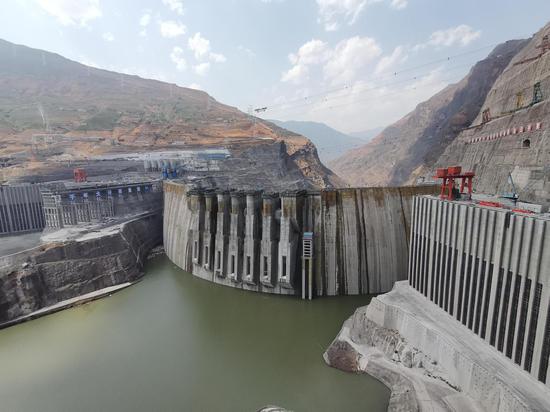II. A Unique Political Creation
China’s political party system is a result of adapting Marxist political party theory to the Chinese context. It is a unique political structure created by the CPC, the Chinese people, the non-CPC political parties, and non-affiliates. It sprouted from Chinese soil and evolved over time based on China’s historical heritage, cultural traditions, and economic and social development.
The system is rooted in the best of Chinese traditions. The Chinese people have created a time-honored, extensive and profound traditional culture. They aspire to the common good, put people first, promote peace and harmony, seek common ground while reserving differences, and value inclusiveness and harmonious coexistence. China’s culture has provided strong support for the continuous development of the nation and rich nourishment for the formation and development of China’s political party system.
The system began during the democratic revolution (1840-1949). After the Revolution of 1911, China followed the example of Western countries and adopted parliamentary politics and a multiparty system. More than 300 political groups were set up.
After 1927 the Kuomintang under Chiang Kai-shek established one-party dictatorship, suppressing and persecuting democratic and progressive forces. This aroused strong opposition from the CPC, the Chinese people, and others committed to democracy.
The CPC announced the program of the New Democratic Revolution, and established close cooperation with other political parties in the struggle against the Japanese imperialist aggression and against the Kuomintang dictatorship.
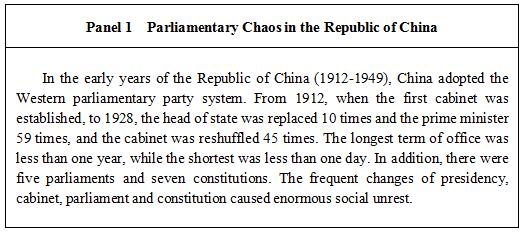
The system took shape during political consultations in preparation for the founding of the PRC. In April 1948, in honor of the upcoming International Workers’ Day, the CPC called for a political consultative conference and a democratic coalition government. The call received strong support from other political parties, non-affiliates, and all sectors of society.
This marked the point at which all those non-CPC political parties and non-affiliates accepted the leadership of the CPC. It also marked the prelude to the establishment of a new China through consultation between the CPC and other political parties, organizations, prominent individuals from all fields, and the people of all ethnic groups, and laid the foundations for the system of multiparty cooperation and political consultation under the leadership of the CPC.
In September 1949, the Chinese People’s Political Consultative Conference (CPPCC) adopted at its First Plenary Session the Common Program of the CPPCC, which made the following provisions: Prior to the convening of the National People’s Congress (NPC) elected by universal suffrage, the plenary sessions of the CPPCC would exercise the functions and powers of the NPC; once the NPC was in place, the CPPCC would raise proposals to the NPC or the Central People’s Government regarding national development and other important measures. China’s new political party system was thus established.
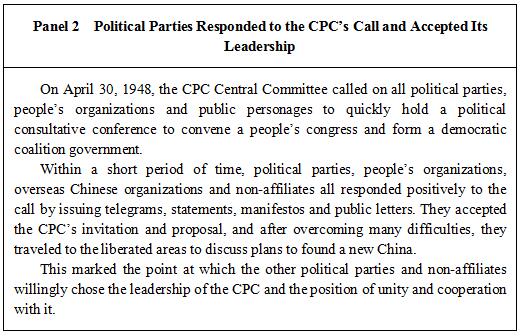
The system has developed in the course of socialist revolution, economic development, and reform. After the founding of the PRC, the CPC strengthened its solidarity and cooperation with the other political parties and non-affiliates, and proposed the principle of long-term coexistence and mutual oversight, which evolved into a principle of long-term coexistence, mutual oversight, sincerity, and sharing the rough times and the smooth. The framework of China’s new political party system was thus formed.
In 1989 the CPC Central Committee formulated the Opinions on Upholding and Improving the System of Multiparty Cooperation and Political Consultation Under the Leadership of the Communist Party of China, continuing the process of institutionalizing China’s political party system. In 1993 it was written into the Constitution that the system of multiparty cooperation and political consultation under the leadership of the Communist Party of China will continue and develop long into the future, providing a constitutional basis for the system.
In 2005 the CPC Central Committee issued a guideline on further strengthening the system. In 2006 it released opinions on reinforcing the role of the CPPCC, allowing the system to develop further.
The system is improving in the new era of Chinese socialism. Since the 18th CPC National Congress in 2012, the CPC Central Committee with Xi Jinping as the core has worked hard to promote innovation in the theory, policy, and practice of multiparty cooperation. It has strengthened its overall leadership over multiparty cooperation, and improved the institutional framework for cooperation.
The CPC Central Committee has held conferences on the work of the united front and the CPPCC, and emphasized that the system is a new model of party politics, an important part of China’s governance system, and a great contribution to modern political civilization. This has raised multiparty cooperation to a new level.
The CPC has made it clear that the other political parties participate in state governance under Chinese socialism, and their basic functions are to discuss and participate in the administration of state affairs, and to engage in democratic scrutiny and political consultation. This provides huge scope for them to play an active role.
To further institutionalize and standardize multiparty cooperation, the CPC issued a series of documents on strengthening socialist consultative democracy, strengthening consultative democracy of the CPPCC, improving consultation with the non-CPC political parties, improving those political parties’ participation in state governance, and reinforcing the role of the CPPCC in the new era.
The CPC proposed that all the political parties should modernize their approach to cooperation, update their consensus, and undertake new initiatives to fulfill their duties. These serve as the fundamental principles of multiparty cooperation in the new era.
In accordance with the requirements of Chinese socialism for their participation in governance, the non-CPC political parties should continue to optimize their development, better perform their duties, and endeavor to play a more important role in the country’s political life.









